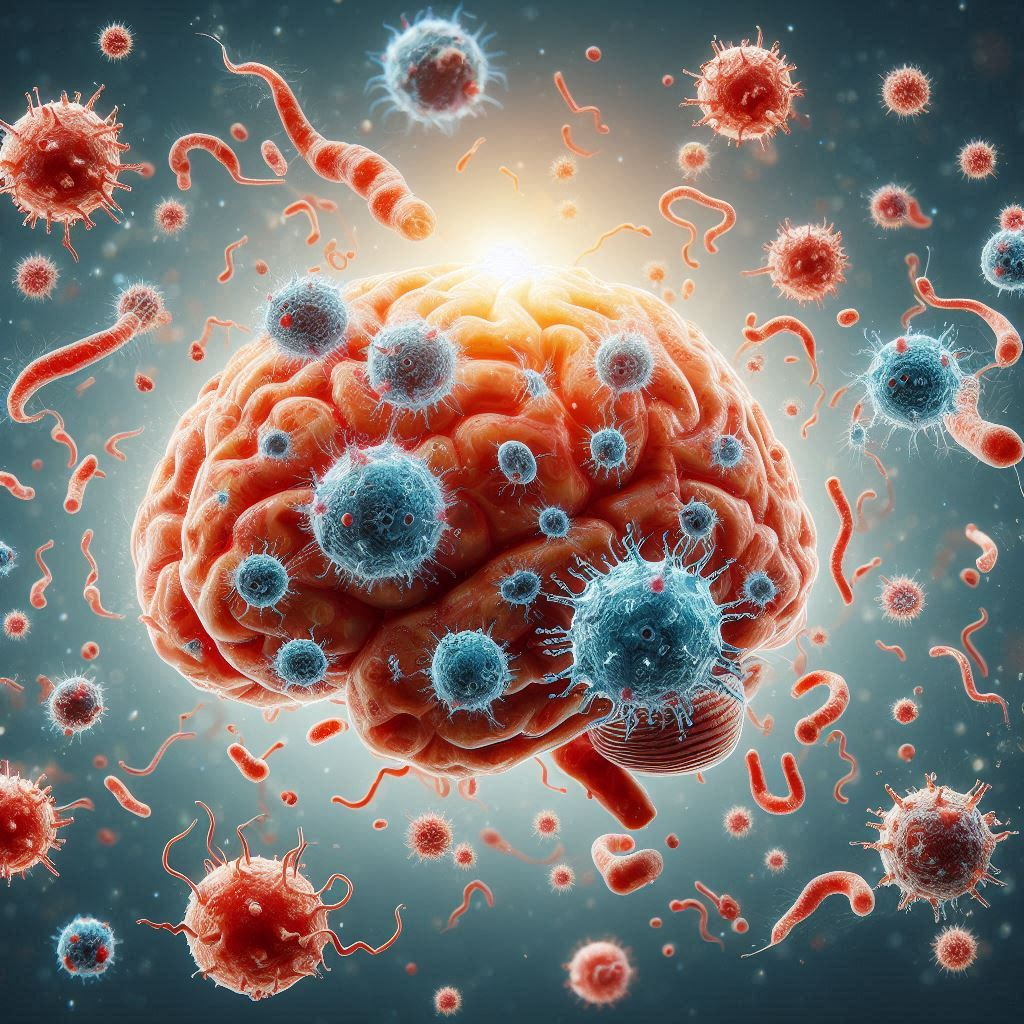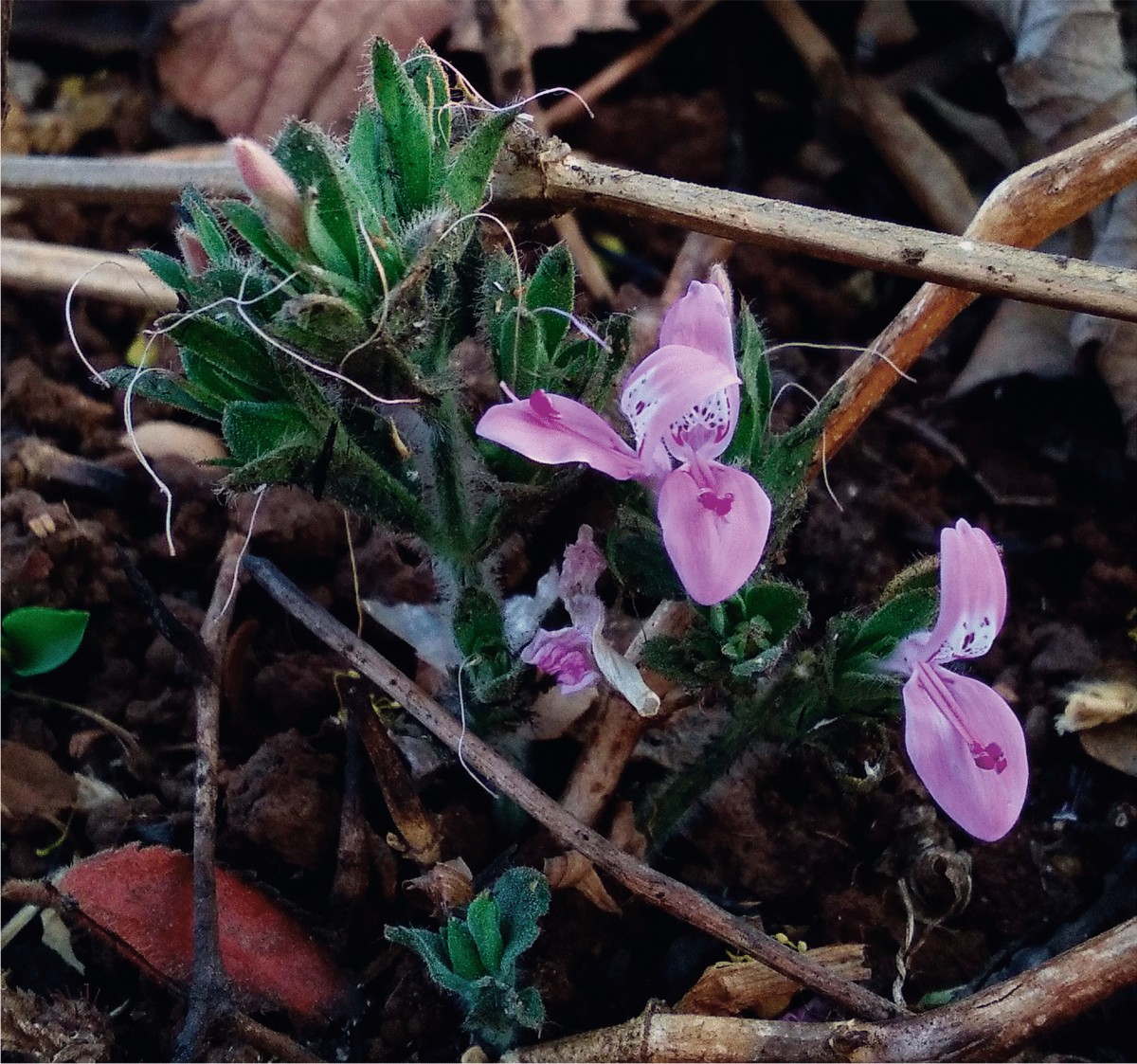Four, three of them fatal, cases of brain-eating amoeba reported in Kerala since May
With four cases of primary amoebic meningoencephalitis (PAM), a deadly brain infection that is mostly fatal, detected in north Kerala over the past two months alone, the state has been on high alert to prevent spread of the disease.
On July 3, a 14-year-old boy from Kozhikode was reported to have succumbed to the infection. A day later, another 14-year-old boy residing in Payyoli was reported to have contracted the disease and undergoing treatment. Two others – a five-year-old girl from Malappuram and a 13-year-old girl from Kannur died on May 21 and June 25 respectively, also due to PAM. The disease was earlier reported in coastal Alappuzha district in the state in 2017 and 2023.
Kerala Chief Minister Pinarayi Vijayan held a meeting with health minister Veena George and other senior officials to tackle the situation following which public have been suggested to ensure proper chlorination of swimming pools while parents have been urged to be careful when allowing children enter water bodies besides other precautionary measures.
What is Primary Amoebic Meningoencephalitis?
Amoebic meningoencephalitis is caused by Naegleria fowleri, also known as “brain-eating amoeba”. According to the US Centers for Disease Control and Prevention (CDC), Naegleria fowleri lives in soil and warm freshwater lakes, rivers, ponds and hot springs around the world. In rare cases, the amoeba has also been found in poorly maintained swimming pools, splash pads and other recreational venues. It has also been detected in tap water.

Experts claim that the amoeba goes up the nose and reaches the brain. This infection occurs usually after someone goes swimming or diving in a lake, river or any other water body during the summer months. Infections often happen when it’s been hot for long periods, resulting in higher water temperatures and lower water levels. However, the disease is neither contagious nor can a person get infected by swallowing water containing the amoeba.
Early symptoms of PAM include headache, fever, nausea and vomiting. As PAM progresses, symptoms can include stiff neck, confusion, lack of attention to people and surroundings, loss of balance, and hallucinations.
Fewer treatment options for PAM
According to a study published in the Indian Journal of Microbiology on the pathology of Naegleria fowleri in March 2024, the pathogen infects almost exclusively through the nose. If contaminated water is drawn up the nose during diving or when the head is held under water N.fowleri cells can enter the brain via the olfactory nerve.
While there is still no proven therapy that can be used for treating N.fowleri, the CDC recommends treatment with amphotericin B in high doses. In addition, drugs used to fight the infection include fluconazole, chloramphicol, dexamethasone, miconazole, rifampicin and miltefosine. They also claim that the success of the studies remained modest, at best.
Researchers have also found that recently, a new class of drugs and therapies has been emerging. These include anti-heterocyclic compounds. Studies have confirmed their antibacterial, anticancer and insecticidal qualities. Silver nano particles are also of interest as they play an important role as therapeutic agents. Drugs used against N. fowleri showed better effects when they were previously conjugated with silver nanoparticles. Due to the rare nature of the infection, the development of a vaccine against the amoebic infection is also unlikely to be the focus of profit-oriented pharmaceutical companies.
The study concludes that Pam is a serious disease due to its lethal consequences and speed. It also adds that global warming could make N. fowleri more common. The presence of the amoeba is thought to change with increasing climate and assumes more importance and poses an increasing threat as climate changes.
Considering the repeated occurrence of the infection in Kerala, a retired public health expert urged the central and state governments to invest in further study of the disease and identify a viable treatment methodology. “Since the number of cases reported are less, it is unlikely that private agencies will take up research on PAM and its cure,” he opined.
Public urged to exercise caution
Meanwhile, doctors in Kerala recommend refraining from swimming and bathing in unsanitary and stagnant water sources as a beneficial precaution. Health minister Veena George urged public to be vigilant and direct suspicious cases to specialized facilities for treatment. She also advised public to be extremely cautious about exposing themselves to water bodies and other water storage facilities for recreation until the situation improved. The arrival of the monsoon and cooler temperatures are expected to provide respite from the infections soon.



